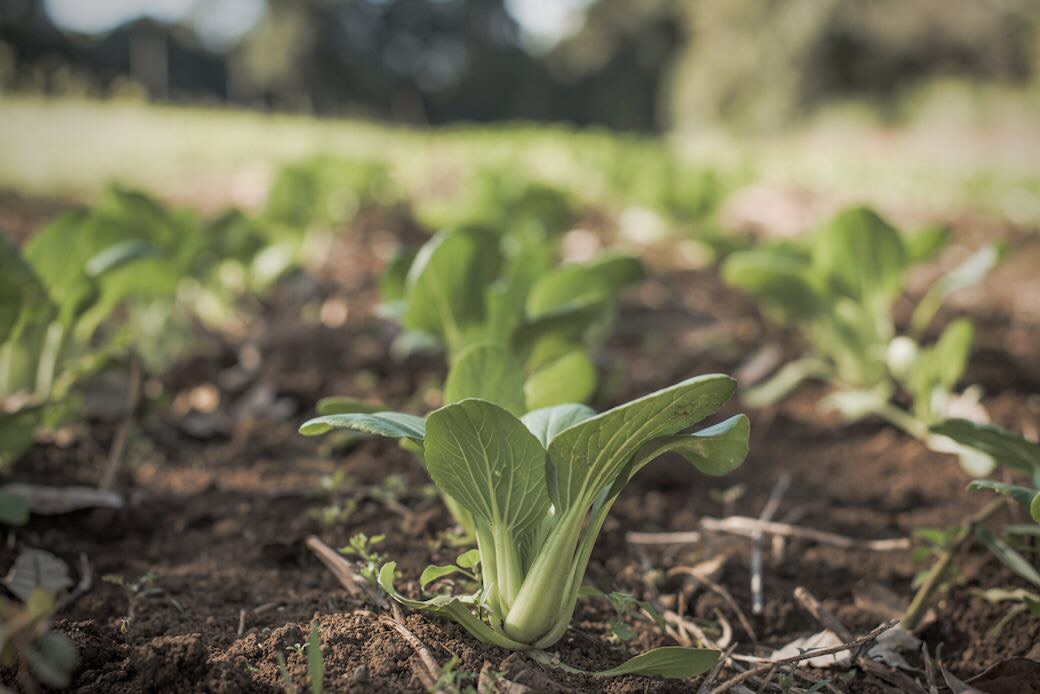
The Soil Association is releasing a new document calling on policy makers and farmers to do their bit to protect UK soils. In 2014 researchers estimated that the country will only see 100 more harvests if soil loss and degradation continues at its current rate.
The report, entitled 'Seven Ways to Save our Soils', outlines seven key ways to increase soil organic matter (SOM) in UK arable and horticultural soils by 20% over the next 20 years.
Increasing SOM is not only important for protecting agricultural productivity: healthy soils are also better at locking up carbon, therefore helping mitigate climate change, and are more resilient to both floods and droughts. They are more able to absorb excess rainfall and therefore have the potential to reduce flooding downstream. In turn, these effects all protect land from unpredictable weather events which are increasingly affecting farmers.
Liz Bowles, Head of Farming at the Soil Association, explained: “Unintended consequences of current soil management practice has led to the perilous state of UK soils today. We need to ensure farmers have the right understanding and guidance to change this and improve the health of our soils.
“As well as providing guidance for farmers, we are asking the Government to improve incentives for farming practices that promote healthy soils and to fund research which will fill the gaps in demonstrating the real-world advantages of such practices for farmers. We need the government to commit to our target of increasing soil organic matter by 20% over the next 20 years.”
The seven areas outlined in the booklet include:
• increasing the amount of plant and animal matter going back onto fields
• improving soil health monitoring nationwide
• encouraging soil organisms
• covering up bare soil with continuous plant cover
• bringing more trees onto farmland
• reducing soil compaction from livestock and machinery
• introducing crop rotations designed to improve soil health
All are areas which organic farms already practice, with soil health being at the very heart of organic practices. Increased support for organic farming should therefore be a key part of the solution. However, non-organic farmers also have a lot to gain by adopting the suggested methods; in particular, reduced costs from chemical inputs, a better understanding of their crops and soils, and land which is more resilient to climate change.
Replenishing our degraded soils is an important task with major implications for the future of agriculture in this country. In its new call to action, the Soil Association is challenging government and farmers to play their part in saving this precious resource.
